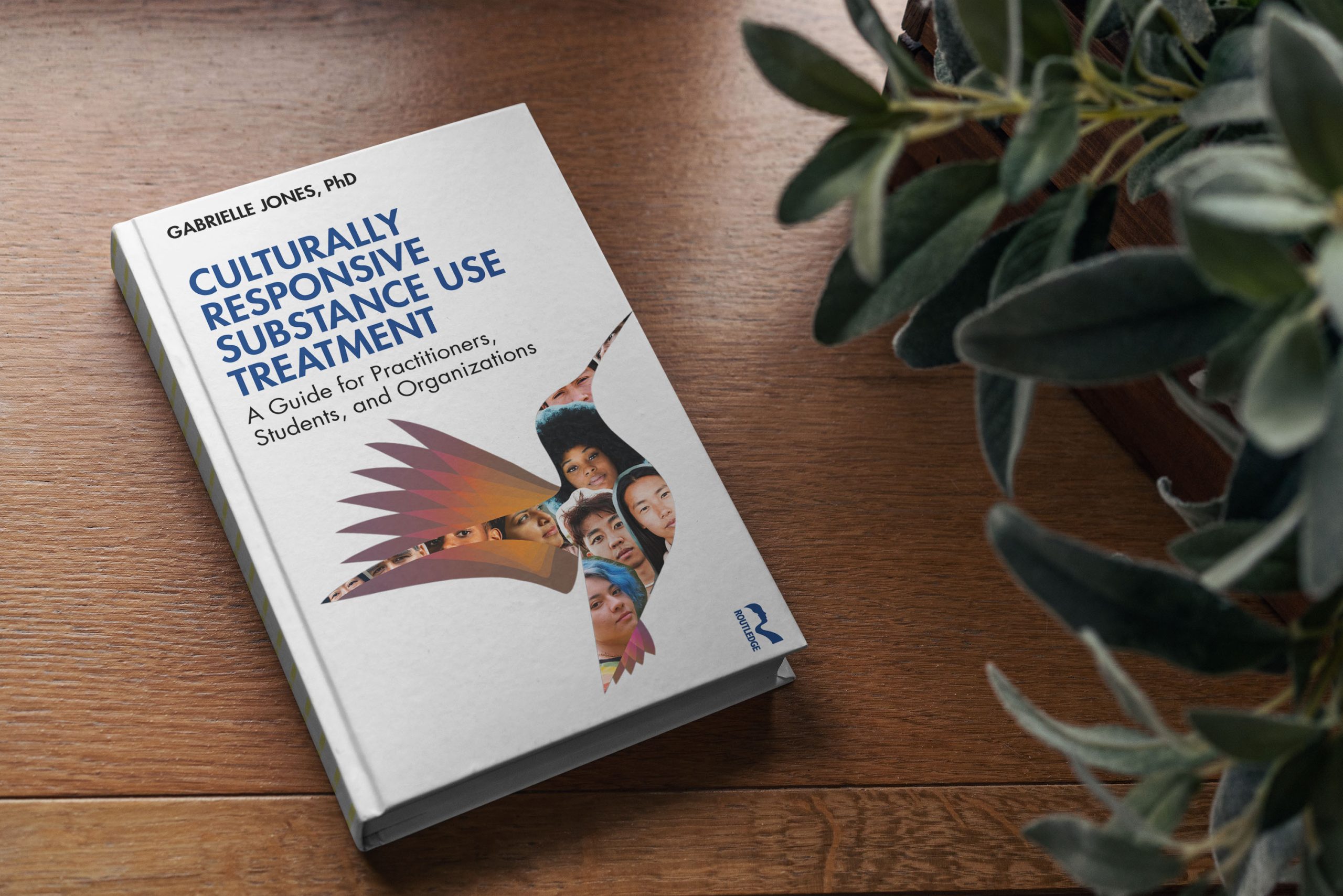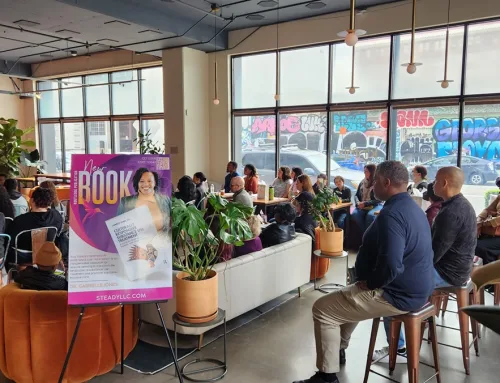Dr. Gabrielle Jones, substance use treatment expert and CEO of Steady LLC, spearheads culturally responsive substance use treatment, especially among minorities and marginalized communities.
Walnut Creek, California–(Newsfile Corp. – October 19, 2023) – Several states in the United States are revising their legal frameworks regarding the use of psychedelics, a subclass of hallucinogenic drugs. Oregon and Colorado, for instance, spearheaded a state-wide legalization of psilocybin and ayahuasca. Meanwhile, states like Washington and New Jersey imposed a reduced penalty statute for the use of specific psychedelics. This ongoing legalization and decriminalization over the past decade brought significant attention to psychedelic-assisted treatment (PAT).
More organizations are now researching the effectiveness of psychedelic treatment for treating anxiety, depression, trauma, obsessive-compulsive disorder (OCD), post-traumatic stress disorder (PTSD), and other conditions. Some researchers focus on discerning correlations between psychedelics and mental health problems or suicidal behavior. This soaring interest in psychedelic-assisted treatment is beneficial for the advancement of medicine. However, many overlook that indigenous populations have been using different psychedelics for centuries. This is becoming a problem because the people in authoritative positions are not inviting experts from minority or marginalized backgrounds to be part of the conversations.
It is worth emphasizing that the lack of cultural responsiveness in medical treatment has resulted in tragedies. Take the Tuskegee Syphilis Study, for example. Between 1932 and 1974, 400 Black men diagnosed with syphilis were unethically experimented on. Although there was available treatment for the disease, the participants were not informed, much less provided with the treatment. This led to the deaths of more than a hundred men.
To understand the grave importance of cultural responsiveness, it is significant to learn its essence. Being culturally responsive means first looking at the needs of the people one is working with from their cultural perspectives before developing interventions. Many experts, professionals, and policymakers have failed to do this, as most employ a top-down approach. When one uses a top-down approach, the focus is on hierarchical control. One cannot fully understand the needs of an individual by looking from their high towers. The bottom-up approach, the antithesis of the top-down approach, is the foundation of cultural responsiveness. In this approach, the stakeholder’s interests are given the most consideration. Dr. Gabrielle Jones, substance use treatment expert and founder and CEO of Steady LLC, with her extensive experience as a healthcare services professional, understands, on a deeper level, the importance of integrating diversity, equity, and inclusion at a systematic level.
Dr. Jones graduated from Oklahoma State University with a master’s degree in Educational Psychology and a doctorate in Counseling Psychology. She provides training and development consultations for organizations offering mental health and substance use services. Dr. Jones facilitates the training of these institutions to help them build the frameworks of their programs. The focus is on delivering culturally responsive substance use treatment, especially to the minorities and marginalized communities they serve.
Essentially, the renowned licensed psychologist made it her life mission to develop consultation training programs for institutions that will help them accurately and comprehensively provide the services needed by the community they serve. Dr. Jones’ burning passion for integrating culturally responsive services at a systematic level stems from her experience as a member of the BIPOC community. “I noticed a lot of overlap among youth of color and youth in minority backgrounds engaging in substance use and then being swooped up in the juvenile correction system. There was a gap in providing substance use treatment adequately. I noticed that the underlying issue lies in self-medicating substances, and that’s how I developed my subspecialty. Later on, I realized that I couldn’t just help one adolescent and then another. I just knew I had to contribute to changing things from a systematic level,” Dr. Jones shares.
The substance use treatment expert emphasizes that the future of psychedelic-assisted treatment is promising. However, one cannot overlook the persisting issue regarding the lack of cultural responsiveness because history must not repeat itself. “These are plant medicines that have been in existence for centuries, and the indigenous communities that have used them are now losing what’s originally theirs. It’s like losing the respect for the plant medicine because it’s being delivered without consultation from a shaman or a medicinal expert with extensive experience utilizing these plant medicines,” she adds. Ultimately, Dr. Jones continues her revolutionary movement to use her platform to amplify the voices of the underprivileged, emphasizing that psychedelic-assisted treatment needs to include the voices of minorities and marginalized communities.





